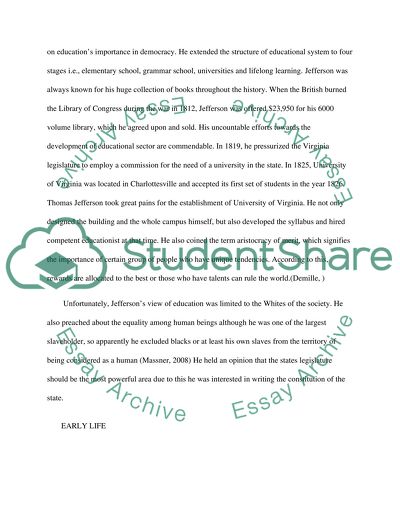Cite this document
(“BIOGRAPHY ON THOMAS JEFFERSON, INCLUDE HIS WRITINGS Term Paper”, n.d.)
Retrieved from https://studentshare.org/education/1396396-a
Retrieved from https://studentshare.org/education/1396396-a
(BIOGRAPHY ON THOMAS JEFFERSON, INCLUDE HIS WRITINGS Term Paper)
https://studentshare.org/education/1396396-a.
https://studentshare.org/education/1396396-a.
“BIOGRAPHY ON THOMAS JEFFERSON, INCLUDE HIS WRITINGS Term Paper”, n.d. https://studentshare.org/education/1396396-a.


